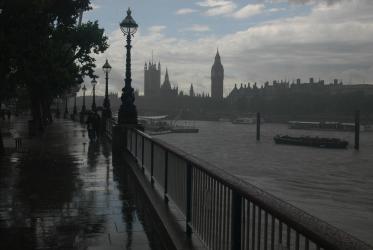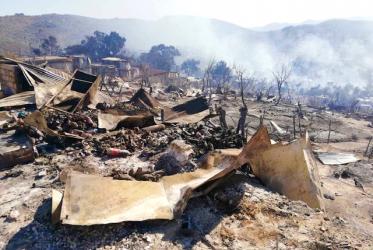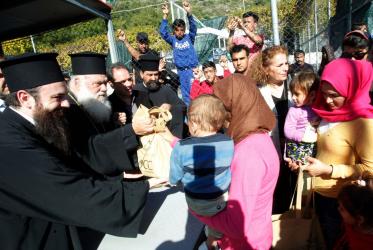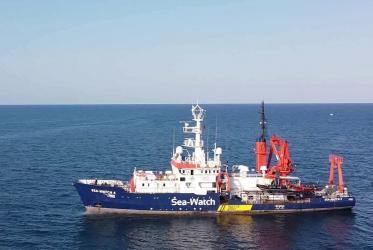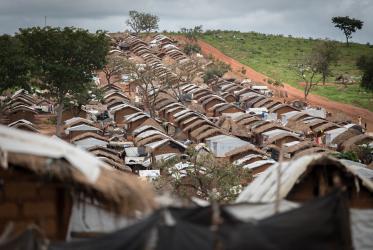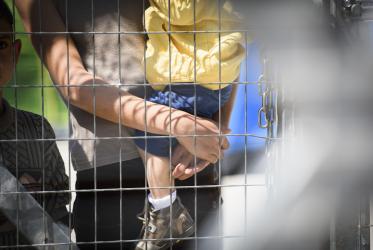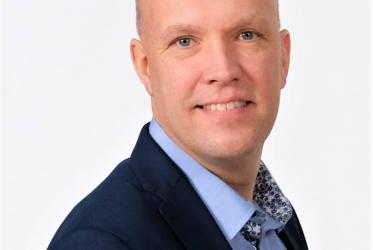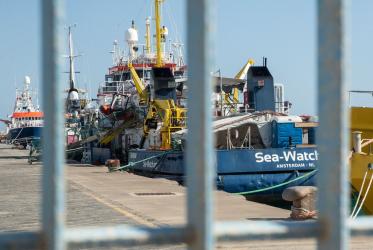Displaying 1 - 20 of 75
Meet Sea-Watch 4: vessel of hope, instrument of peace
12 August 2020
Nordic churches: “take our human responsibility”
12 March 2020
Christian unity strengthens between Sweden, Malta
23 January 2020
Evangelical Church in Germany advocates for boat rescue of refugees
16 September 2019
‘European humanitarian corridor’ proposed
02 May 2019
A faith-based, holistic approach to HIV and AIDS-care
13 March 2019
Faith and HIV treatment go hand in hand
06 March 2019
Turning mercy and compassion into action
04 March 2019

